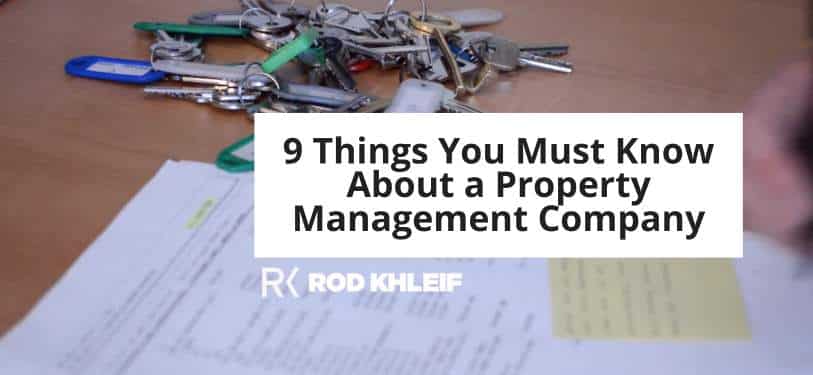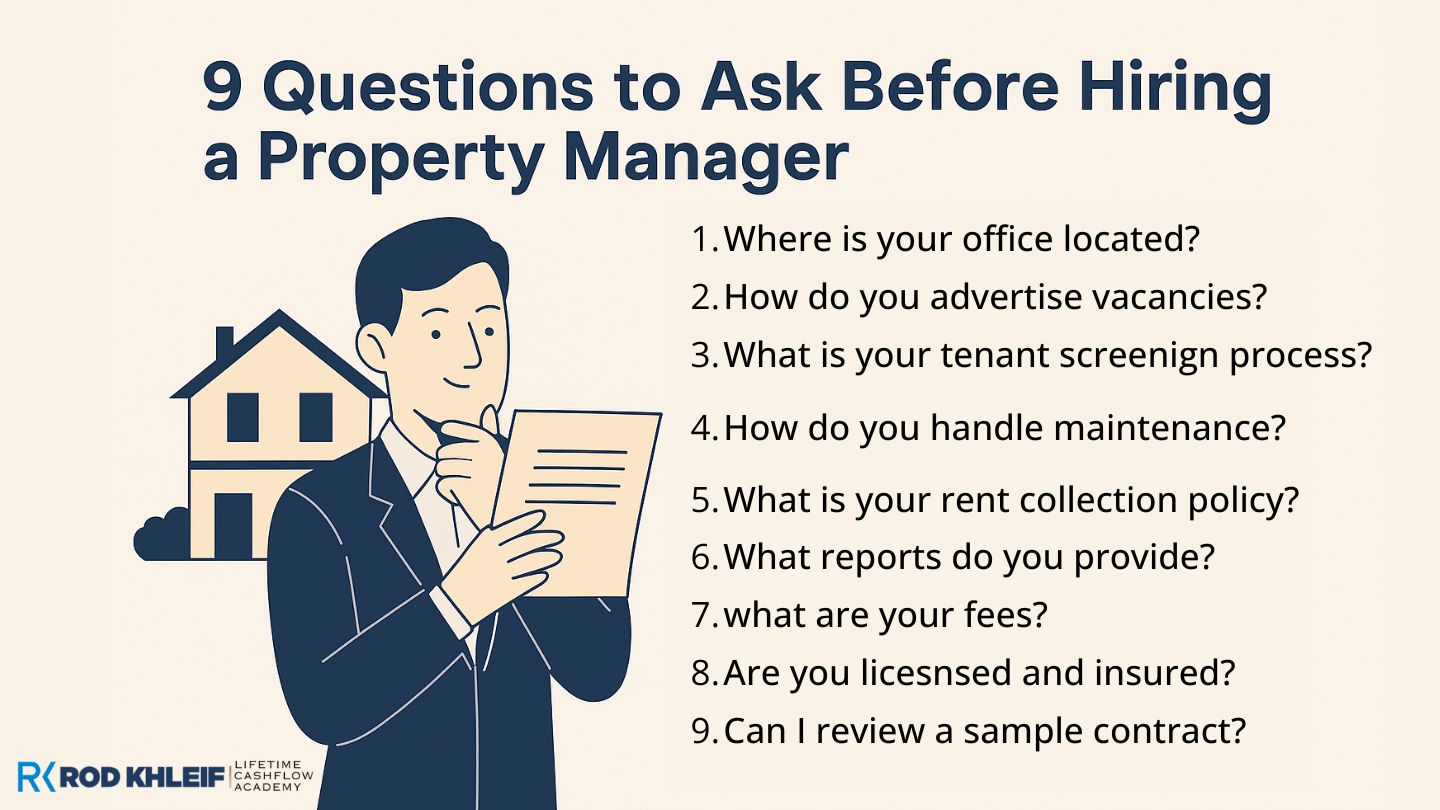Hiring a property management company can be one of the most important decisions you make as a real estate investor. Whether you own a single rental or a growing portfolio of multifamily properties, your property manager will directly impact your cash flow, tenant satisfaction, and asset value. That’s why it’s essential to know exactly what to ask before signing any agreements.
In this guide, we’ll cover the 9 key questions to ask before hiring a property management company, along with the most critical things to know about property management, key facts, and how to avoid common mistakes. If you’re researching what to know about property management or exploring the services of FM property management or similar firms, this article will help you make a confident, informed decision.
1. Are They Local and Familiar With Your Market?
Start by asking: Where is their office located, and what neighborhoods do they serve? A local property manager will be more responsive and better equipped to handle tenant needs, property visits, and local vendor relationships.
Also ask:
- Do they manage similar properties nearby?
- Do they own rental properties in the area that may compete with yours?
Property management key fact: Managers with conflicting ownership interests may prioritize their own properties first. Choose a company that serves your area but doesn’t compete with your units.
2. What’s Their Marketing Strategy for Vacancies?
Vacancy equals lost income, so understanding how the property manager finds and retains tenants is crucial.
Key questions:
- Where do they advertise available units?
- Do they use paid listings, social media, their website, or local platforms?
- Do they have a written marketing plan?
You should also ask: What is your average turnaround time for filling a vacancy?
What to know about property management: Effective managers have streamlined processes for showing, screening, and leasing units quickly.
3. How Do They Screen Tenants?
Finding reliable tenants reduces turnover, late payments, and damage. Ask:
- What steps are included in your screening process?
- Do you verify income, credit, criminal background, and previous landlord references?
Things to know about property management: Skipping thorough tenant screening often leads to bigger problems down the road. Make sure the company prioritizes quality over speed.
Also ask to review a sample lease. It should include all legal terms, occupancy limits, maintenance responsibilities, fees, and rules.
4. How Do They Handle Maintenance and Repairs?
Repairs are unavoidable, and deferred maintenance can sink your ROI. Ask:
- How do you handle emergency repairs?
- Do you have a 24/7 call service?
- How often do you inspect properties?
- Who performs the repairs—in-house staff or outside contractors?
Get clarity on pricing and markups. Maintenance can be a hidden profit center, so insist on transparency and pre-approval for larger expenses.
FM property management and reputable companies should provide itemized breakdowns of maintenance activity and costs.
5. What Is Their Rent Collection Process?
Reliable cash flow depends on effective rent collection. Ask:
- What are your rent collection methods (online, check, app)?
- How do you handle late payments or delinquencies?
- What is your eviction process?
Also ask: How often will I receive payment reports? Ideally, you should receive a detailed income and expense report monthly.
Property management key fact: A strong PMC enforces lease terms while maintaining professionalism with tenants.
6. What Reports Will I Receive?
As an owner, you need up-to-date financial and operational data to manage your investment.
Ask:
- What financial reports do you provide?
- Do I get access to a real-time dashboard or online portal?
Standard reports should include:
- Income and expense statements
- Rent rolls
- Vacancy reports
- Maintenance and repair logs
What to know about property management: Lack of reporting is a major red flag. A good PMC is transparent and consistent.
7. How Are Fees Structured?
Fees can vary widely based on location, property size, and services provided.
Ask:
- What is your monthly management fee?
- Do you charge a lease-up or placement fee?
- Are there additional costs for renewals, evictions, or inspections?
Things to know about property management: Most charge 4–8% of gross monthly rent. Smaller properties may see higher percentages. Always compare total cost against services provided.
8. Are They Licensed and Insured?
Property managers must be licensed in most states. Ask for proof of:
- Real estate or property management license
- General liability insurance
- Errors and omissions (E&O) insurance
This protects both you and the manager in case of legal or financial issues.
FM property management, like other professional firms, should readily provide this documentation.
9. What Are the Terms of the Management Agreement?
Before signing, ask to review a sample contract. Pay close attention to:
- Cancellation terms (How and when can you exit the agreement?)
- Fees for early termination
- Exclusive listing rights (Some contracts require you to use the PMC if you sell)
Property management key fact: Avoid contracts that lock you in or give the manager unnecessary control over your property.
Have more questions?
Download our free ebook about “How to Hire a 3rd Party Property Management Company.”
Final Thoughts from Rod Khleif
Hiring the right property management company can be the difference between a high-performing investment and a financial headache. These 9 questions will help you uncover red flags, evaluate professionalism, and find a manager who aligns with your goals.
Whether you’re evaluating MF property management or another provider, remember this: Your manager is your partner. Choose wisely.
If you’re ready to grow your portfolio and want expert guidance, explore Rod Khleif’s multifamily coaching programs or download the free book How to Create Lifetime Cash Flow Through Multifamily Properties.













